In 2010 police officers missed six opportunities to prevent the death of a young man with mental health problems after he had taken a so-called legal high.
His name was James Herbert – a 25-year-old data recovery engineer from Somerset. His father, Tony Herbert, told BuzzFeed News that his son didn't have the appearance of a hippy, but was very much a hippy at heart: gentle and open-minded. He loved his dogs, and one of the few things he strongly opposed was animal experimentation.
He also loved astrology and was deeply interested in space. At the age of 6, his parents took him to the Kennedy Space Center in Florida while on holiday. For the next six years, up until the age of 12, James would write to the centre. In return, it would send him photos of planets.
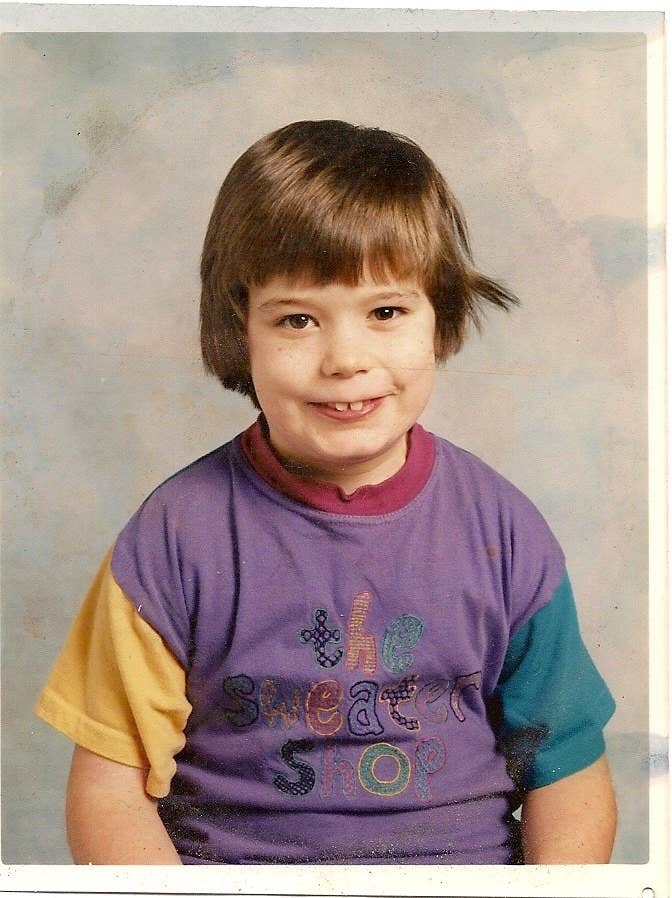
“It’s a bit difficult to describe, but he was wired a bit differently to many people," Tony said, speaking to BuzzFeed News after a long-awaited review into deaths in police custody was published this week, and seven years after James' death following restraint by officers in 2010.
"He was certainly a little eccentric, and not socially very comfortable. He was very shy. He felt that he might be on the autism spectrum, but we don’t think he was. But he had that sort of slight awkwardness about him."
James' parents separated when he was 10, but they remained close to each other and James – their only child. When James was younger, he and Tony bonded over West Ham football club. In his teens and early twenties, he loved the rave party scene and would often disappear at weekends.
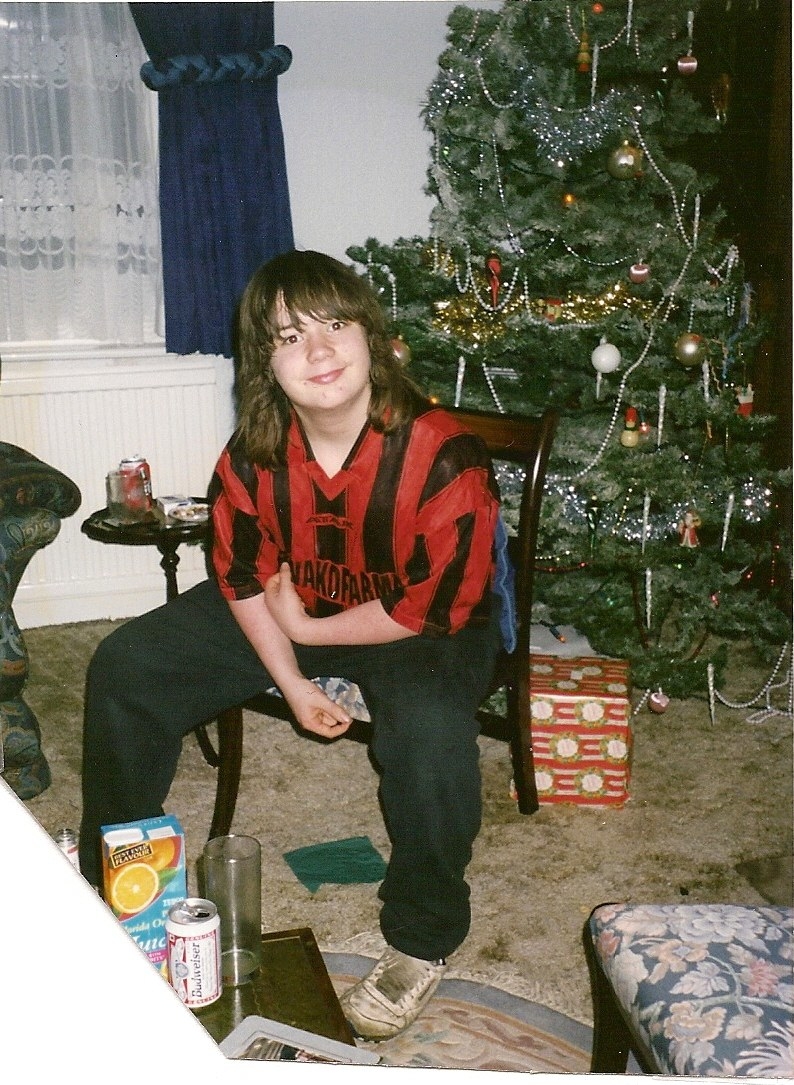
In the years leading up to his death, James experienced symptoms of psychosis and paranoia. He was known to police, who tried to get him conventional help, as did his family, but this didn't succeed. Instead, he received treatment from an alternative healer called a "soul rescuer" and attempted to "self-medicate" with recreational drugs.
"Whilst we think that recreational drugs may have played a part in James becoming ill, we don't know that for sure. It's very difficult to tell whether people who have a proneness to psychotic illnesses are drawn towards drugs, or whether the drug causes it," Tony said.
On 10 June 2010 – the day of James' death – police had been in contact with him and his mother on several occasions and were aware that he had been behaving strangely. The first occasion was at 7:30am. The last time was early in the evening, which would be the very last moments of James' life.
Avon and Somerset police force received reports about a very agitated man putting himself in danger by weaving in and out of traffic on Bath Road in Wells, just around the corner from James' mum's house, where he was living at the time.
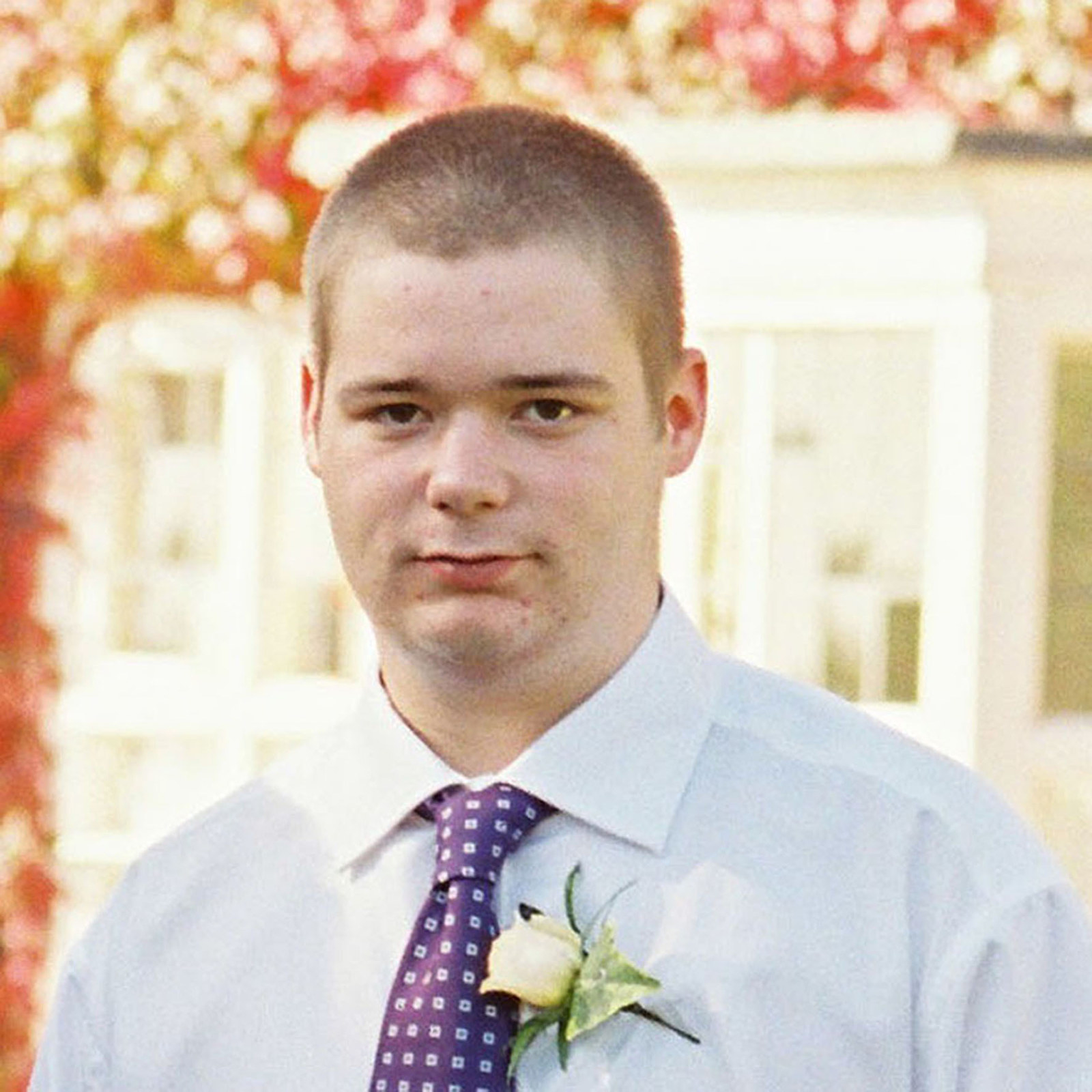
James' MP James Heappey described James as "a big guy" on Friday, referring to an Independent Police Complaints Commission (IPCC) report that highlighted missed opportunities around his death. When police arrived, James was distressed. It took three officers and three members of the public to restrain him, before restraints were strapped around his limbs and his hands were handcuffed behind his back. Soon afterwards he was put into a caged area in the back of a police van.
Tony said that at this point James' mother, Barbara Montgomery, arrived at the scene. She saw a police van nearby and suspected it was there for James. "By the time she got there... James by that stage was already in the van,” Tony told BuzzFeed News.
Barbara suspected that her son has taken a drug called naphyrone,which was a legal high at the time, but is now a class B illegal substance. She urged police officers to get him medical attention.
James was wearing a thick winter coat on a hot summer's day, which restricted his ability to move. The IPCC report said this would have been likely to have made him overheated. But despite James' obvious distress, police officers did not see the situation as a medical emergency. This was a crucial moment where James should have been taken to a hospital, the IPCC report noted, but instead he was taken to a police station. Montgomery begged police officers to let her accompany her son in the van, but her request was refused. It would be the last time she saw her son alive.
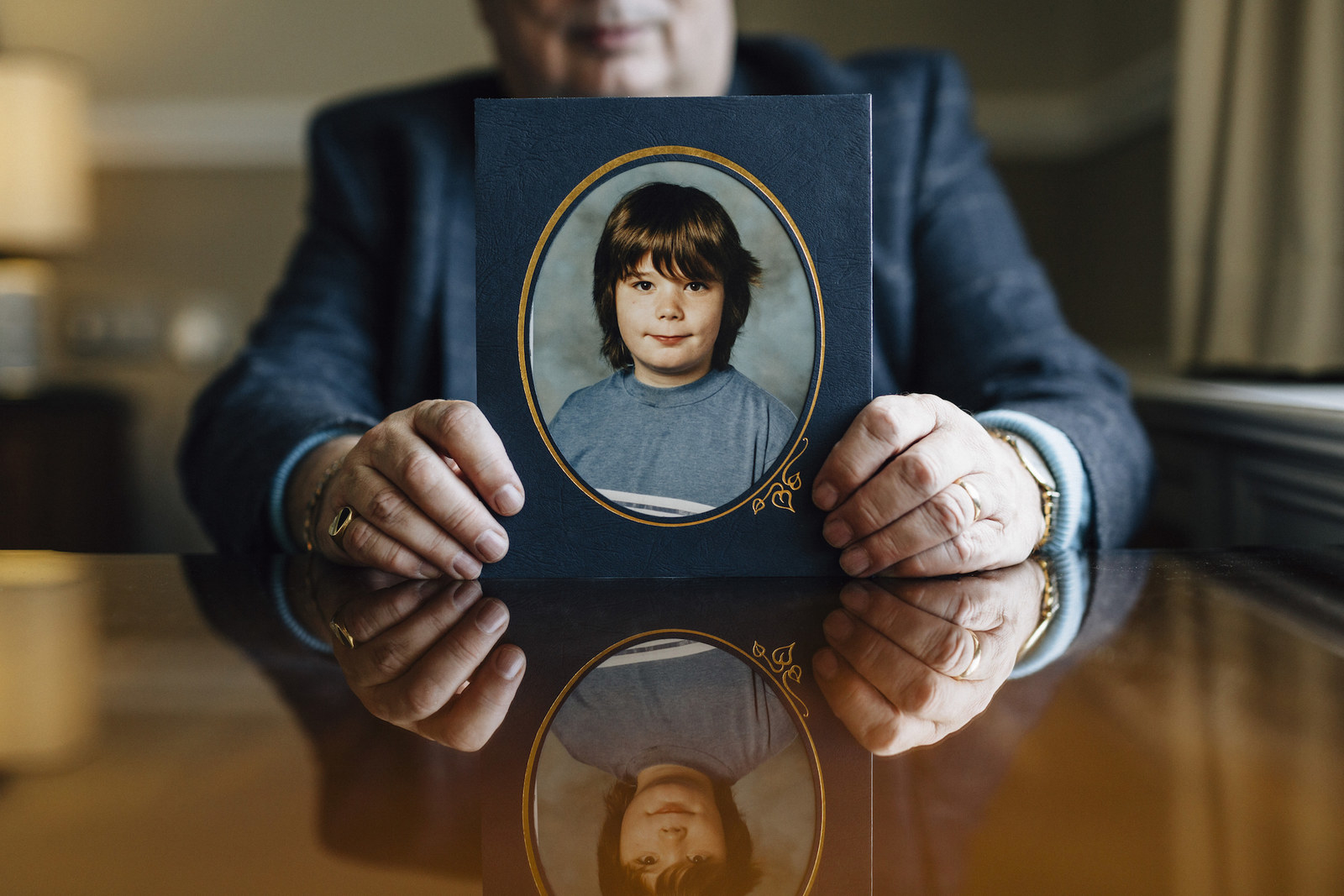
James was left alone in the back of the van, and still with his limbs in restraints. The drive to the police station was 40-45 minutes, with speeds of up to 50 or 60 mph at some points during the journey.
"There is no CCTV inside of the van, so James' demeanour on the journey to the station has always been something that's controversial," Tony said.
CCTV shows that James was unresponsive when police officers carried him out of the van at the station. Yet the IPCC report said that officers did not treat James like a seriously ill young man when he arrived. He was carried facedown on a blanket to a cell.
"They take him into a police cell, where the mattress had been removed, placed him onto the concrete floor, stripped him naked, shut the door," Tony said. He was left alone without receiving medical treatment.
Only later did a custody sergeant call for medical assistance, but the level of urgency was not made clear, so technicians were sent to the scene instead of paramedics. By the time paramedics did arrive, it was too late. James was rushed to Yeovil hospital and pronounced dead shortly afterwards, at 9:21pm. Whilst he had been receiving life support in the police cell, police contacted his mother and asked questions about James. But she was told nothing about his collapse, or his transfer to hospital. The next time the police contacted James’ parents, it was around 1:30am to notify them he had died.
On Friday, Heappey, the member of parliament for Wells, told the House of Commons that "systemic, institutionalised failings" and "misunderstanding of mental health" were involved in James' death. He said that the "Seni's Law" bill going through the House of Commons, which calls for greater accountability when force is used on people with mental illnesses, could have made a difference to what happened to him.
Adding to Tony's distress over losing his child was the fact that he and Barbara had to "jump through hoops" to get funding for legal representation for an inquest, which he said led to months of acute anxiety. He told BuzzFeed News they only learnt in 2011 – a year after James's death – that they would need their own lawyers, while the police would have separate representation.
"In 2011 my business had gone bust, and I was on the floor financially as well as on the floor emotionally because of my loss of James," Tony said. But because he had some assets left, the pair were initially told they didn't pass the means test to get legal aid.
"You can imagine, only 18 months after losing James we’re being told that the state won’t provide any funding, and its going to cost probably fifty or sixty thousand pounds.
"I haven’t got half of that – Barbara and I were going to go halves. I don’t own my own house at that stage. I do have a commercial property, but remortgaging it is not possible.
"I remember it was incredibly stressful on top of grief. My beloved only child died in the hands of the state and they’re not even going to let me have a proper lawyer to make sure we get justice. It’s outrageous."
With the help of their respective MPs, Caroline Spelman and Tessa Munt, the issue was brought up in parliament as a case in the public interest, and in December 2011 Tony finally received the call saying that their application to get funding was accepted. “I remember it very vividly… I nearly hit the roof with glee, that we got the money, that we weren’t going to have to struggle."
The inquest in 2013 determined James' cause of death as “cardio-respiratory arrest in a man intoxicated by synthetic cathinones, causing acute disturbance following restraint and struggle against restraint”.
After two investigations, the IPCC sent a file of evidence to the Crown Prosecution Service (CPS) which decided no criminal charges will be brought against officers or the police force in relation to the circumstances of James's death or the evidence given by officers at the inquest.
In September this year, the IPCC released its "Six Missed Chances" report, saying that a different policing approach could have prevented James's death. But it did not seek to pinpoint failings of officers or the police force.
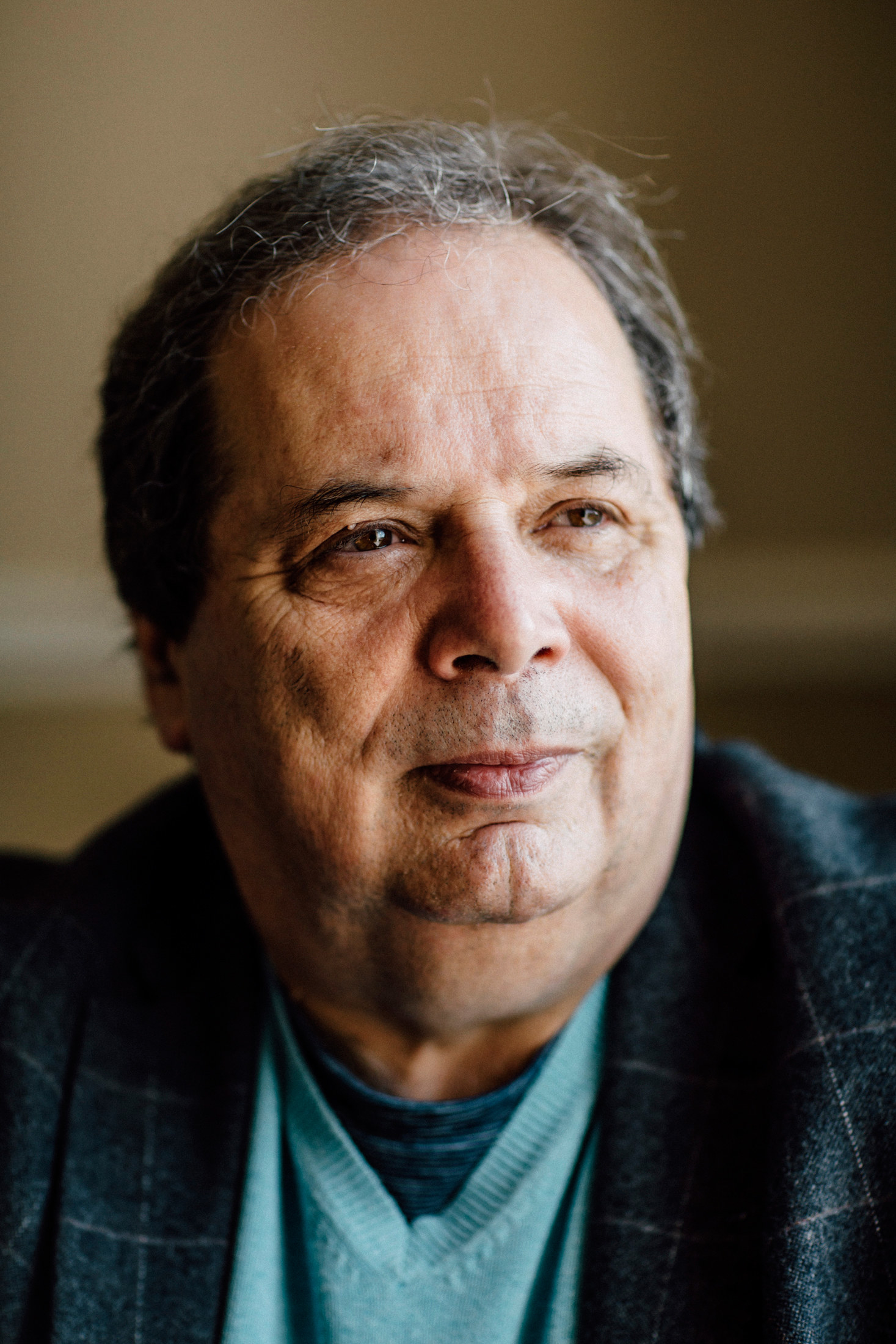
Tony wants someone to be held individually accountable: "We were never looking for heads on poles, and we never thought police officers acted maliciously, but they made really serious mistakes. There is no question about it," he claims, "that is the reason James died – it's really straightforward."
An IPCC spokesperson told BuzzFeed News: “The aim of Six Missed Chances is not to pinpoint failings of individual officers or the police force involved, but rather to provide an extended case study, based on a real incident, that helps to put the best practice now adopted into a context that police officers can understand and relate to.
"At the same time, this approach serves to highlight specific issues where officers may need better guidance and/or training so that they are equipped to respond differently.”
Tony accepts that it's unlikely individuals will be held accountable. "I made that mental shift about 18 months ago," he told BuzzFeed News.
But he pointed out the prolonged experiences of other families of those who have died in police custody, who often wait years for a CPS decision. "It's exactly the same pattern, you know," Tony said. "I remember Leon Briggs dying in 2013, and there's no CPS decision, and this is four years on. It's just taking far too long. The police are allowed to be defensive and CPS just simply aren't making enough prosecution decisions.
"Seven years for my son, nine years for Marcia Rigg, Thomas Orchard has had no inquest yet, but Seni Lewis is probably the worst of all."
In 2010 Olaseni Lewis, a 23-year-old Londoner, was held facedown by up to 11 police officers at Bethlem Royal hospital for more than 30 minutes until he stopped breathing.
The mental health units bill going through parliament has been dubbed Seni's Law after Lewis. It would make police and medics more accountable for the use of force against mentally unwell people, through measures like improved regulation to reduce levels of force, better arrangements between police and mental health units, and hospitals having to publish data on how force is used.
On Friday, James's MP, Heappey, told the House of Commons that his story showed why Seni's Law was needed. He said that body cameras, which the bill would require police to use in such situations, would have made an "enormous difference" in James' case.
"The more that I have spoken to police officers about James Herbert’s case," Heappy said, referring to officers not involved in James' case, "the more they tell me that their concern to get their job done and retain the person means that they find themselves naturally going up through their levels of force and the application of their physical power.
"As both sides seemed to rub off of one another, they both got more and more aggravated, and the use of force became all the greater. The police reflected afterwards that they might have approached the situation differently in the first place."
Heappey said James' story had a profound impact "not only on his own family and friends, but on the careers, lives, and mental health of those involved in his detention and, sadly, his death." Two officers have since died of natural causes, the IPCC confirmed.
After a 15-month delay, a government-commissioned review by Dame Elish Angiolni into deaths and serious incidents in police custody was published on 30 October. It gave 110 recommendations for improvement in 12 different areas, including restraint, funding for families and family support, and accountability.
It also noted that there is evidence of black and minority ethnic people being overrepresented in restraint-related deaths, which damages trust between police and some communities, a feeling that is “exacerbated” by a sense that those responsible are not held to account.
In response to the review, home secretary Amber Rudd announced the following day that families of people who die in police custody will receive legal aid for inquests, which means fewer relatives will go through the funding battle Tony and Barbara did.

Shortly after James' death, Barbara visited an astrologer. The astrologer told her that James had died for the common good and a higher purpose. Tony was skeptical. Unlike James and his mother, he was not "new-agey by nature", he explained. "I thought, What a load of bollocks," he said.
But seven years on, both of James' parents are focussing on giving their son a legacy by telling his story. As well as giving evidence to the deaths in custody review, in September Tony told a national mental health and policing conference about his experience. "We're hoping that that will inform training and that the police will really take that forward," he said.
Tony believes that what happened to his son should be "incredibly rare".
"[Deaths in police custody] should be once in a blue moon. I don't accept that there is any inevitability. I think you can keep people safe while maintaining a very effective police force."
"I'm 62 years old now and perhaps, by the time I'm 75, I'd be happy if we had no deaths a year in police custody.
"We're not going to get accountability, so let's focus on making the world better for people who are vulnerable, and I think we're making more progress with that."
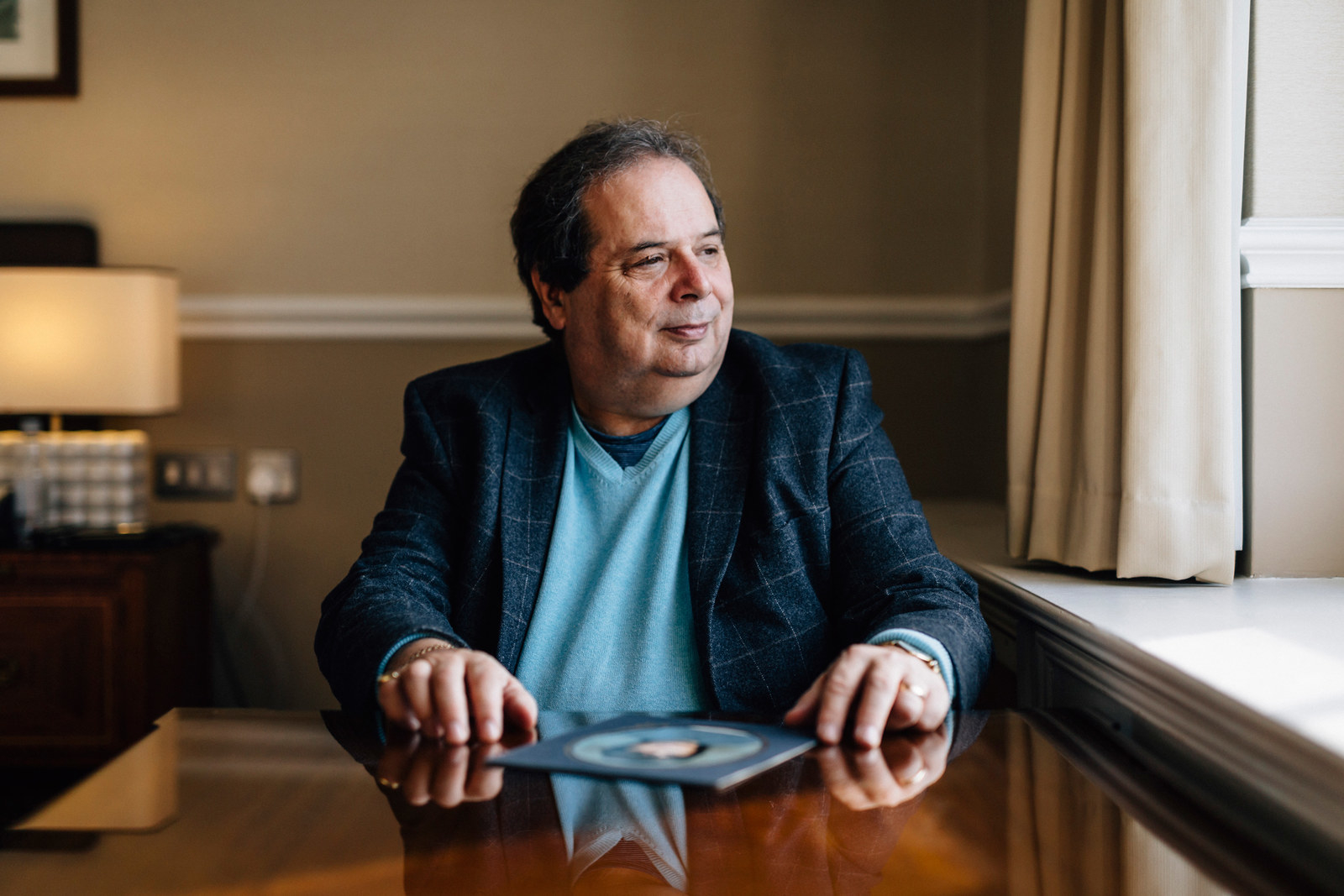
CORRECTION
Two of the officers involved in James Herbert's case have since died from natural causes. A previous version of this article stated that one officer had killed himself, after James Heappey MP incorrectly said this in parliament.
